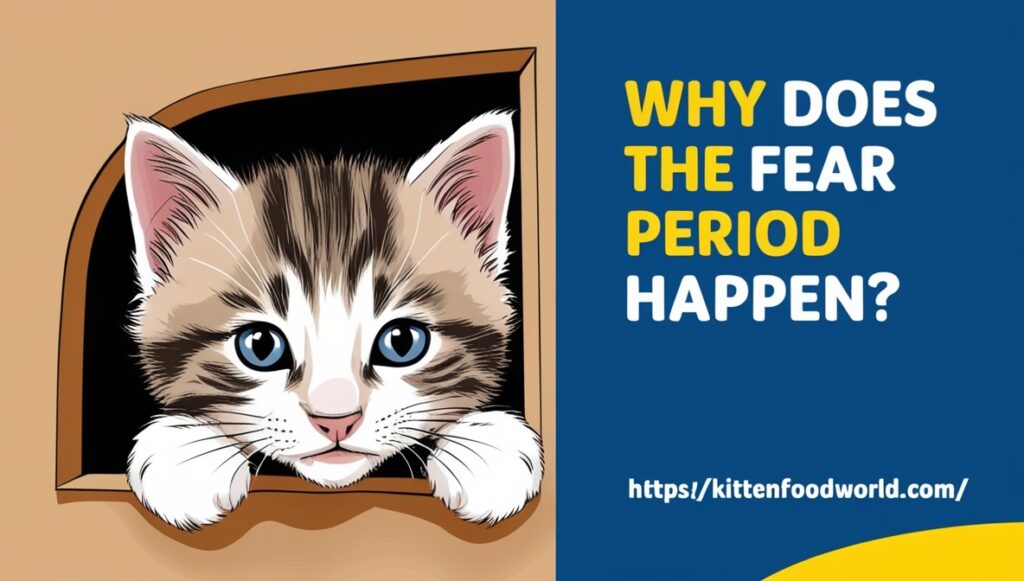Raising a kitten is a joyful experience, but understanding their developmental stages is crucial for their well-being. One such stage, known as the "fear period," typically occurs between 6 to 14 weeks of age. During this time, kittens may exhibit heightened caution or nervousness as they become more aware of their environment. Learn how to navigate this crucial stage at Kitten Food World, where we provide detailed insights to help you support your kitten effectively.
What is the Fear Period in Kittens?
The fear period is a natural phase in a kitten's growth where they become more sensitive to unfamiliar experiences, sights, and sounds. This increased awareness helps them learn to navigate their surroundings but can also make them more prone to hiding or displaying signs of stress. Proper handling during this time is essential to ensure your kitten develops confidence and a healthy sense of security.
Recognizing the Signs of the Fear Period
Kittens in the fear period may display behaviors such as:
- Hiding: Seeking out quiet, enclosed spaces when they feel uncertain.
- Increased Sensitivity: Reacting strongly to noises or sudden movements.
- Hesitancy to Explore: Being wary of new objects, people, or environments.
While these behaviors are normal, how you respond can shape your kitten's ability to cope with future challenges.
Supporting Your Kitten During the Fear Period
- Provide a Safe Space
Create a calm and secure environment for your kitten to retreat to when they feel overwhelmed. This space should include familiar items like bedding and toys that provide comfort. - Introduce Gradual Socialization
Expose your kitten to new experiences slowly. Whether it’s meeting new people, exploring different rooms, or hearing unfamiliar sounds, ensure these encounters are gentle and non-threatening. - Use Positive Reinforcement
Reward your kitten with treats, gentle praise, or affection when they display curiosity or bravery. Positive reinforcement builds their confidence and strengthens your bond. - Maintain a Routine
A consistent daily schedule for feeding, playtime, and rest helps create a sense of stability and reduces anxiety during this sensitive phase. - Avoid Overstimulation
Limit exposure to chaotic environments or loud noises that might overwhelm your kitten. Instead, introduce stimuli at a manageable pace.
Why the Fear Period Matters
The experiences your kitten has during the fear period can shape their personality and behavior for life. Positive interactions build trust and confidence, while negative experiences may lead to long-term anxiety or fearfulness. With patience and understanding, you can help your kitten emerge from this stage as a well-adjusted and happy companion.
When to Seek Professional Help
If your kitten shows excessive fear or stress that doesn’t improve over time, consult a veterinarian or animal behaviorist. They can provide strategies to address any behavioral challenges and ensure your kitten’s emotional well-being.
Final Thoughts
The fear period is a brief but significant stage in a kitten’s development. By providing patience, love, and structured support, you can guide your kitten through this phase successfully.
For more expert tips on kitten care, visit Kitten Food World. Explore a wealth of resources to help your furry friend grow into a confident and happy cat!
